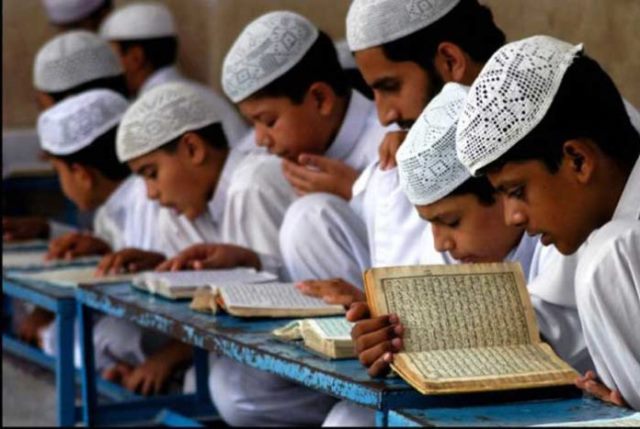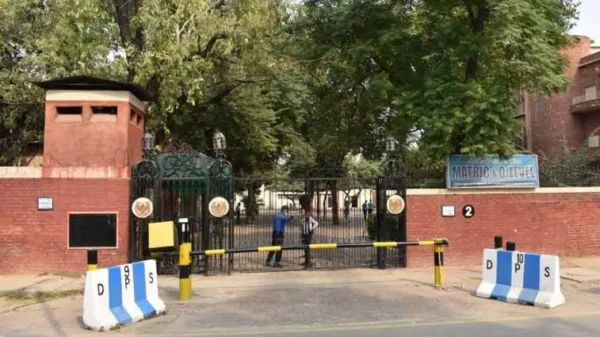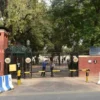ISLAMABAD: Tensions over the issue of madressah registration remain unresolved as proponents of the 2019 agreement have joined the debate, urging the government to retain the current system.
“We do not wish for confrontation while everyone wields power,” said Pakistan Ulema Council Chairman Hafiz Tahir Ashrafi during the Conference on Madressah Registration and Reforms held in Islamabad.
The conference took place amidst warnings from Jamiat Ulema-e-Islam-Fazl leader Maulana Fazlur Rehman, who threatened a march on Islamabad if the president failed to enact the Societies Registration (Amendment) Bill—legislation aimed at formalizing madressah registration.
President Asif Ali Zardari recently returned the bill to the federal government, citing objections, adding to the uncertainty.
Religious scholars have called for preserving the existing registration framework for madressahs and urged the government to resist external pressures to alter it.
Key Figures Address the Conference
A conference titled “Positive Effects of Madrasa Registration” convened in Islamabad with participation from Director General of Religious Education Ghulam Qamar, Federal Ministers Khalid Maqbool Siddiqui (Education) and Chaudhry Salik Hussain (Religious Affairs), and Information Minister Ataullah Tarar. Ashrafi chaired the session.
Ashrafi highlighted that around three million students are currently studying in madressahs across Pakistan. He emphasized the long-standing demand for the official recognition of religious education.
He noted significant progress since 2019, mentioning the establishment of 10 new educational boards, raising the total number to 15 from the previous five.
Education Minister Siddiqui clarified that registration is intended to enhance madressah education, not control it, stating, “The future of 30 million children is at stake. We will not bow to political pressure.”
Scholars Advocate for Unity
Ruet-e-Hilal Committee Chairman Maulana Abdul Khabeer Azad reiterated the importance of madressahs, describing them as “bastions of faith representing all sects.” He called for collective efforts to safeguard these institutions, highlighting the unity among scholars from diverse backgrounds at the gathering.
Clarifications and Collaboration
Ashrafi, who also serves as a patron of Wafaqul Madaris Al-Arabia Pakistan, reaffirmed his alignment with the organization’s stance on madressah registration. He criticized the media for misrepresenting his views, asserting that religious madressahs are the “protectors of the country’s ideological boundaries” and critical for preserving the faith of future generations.
Religious Affairs Minister Chaudhry Salik Hussain stressed the importance of collaboration between the state and religious scholars to advance societal progress. He highlighted the need to integrate religious and technical education in madressahs, saying, “Providing dual education is essential to ensure a brighter future for seminary students.”
Hussain underlined the role of scholars and mosques in guiding society, urging a collective focus on shared objectives to overcome challenges.










